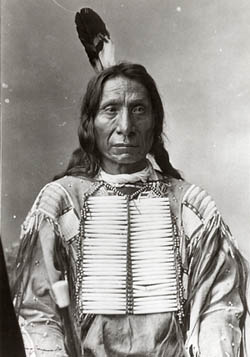Hi Pen,
We had a busy morning. We rushed our dog walk and then breakfast so we could get out to the airport in plenty of time for Andrew to catch the plane to Canberra.
Wisdom, truths, untruths, morals, common sense, and traditional beliefs combine to form weather folklore and the popular and often repeated phrases known as proverbs. With some analysis, it is possible to see how such proverbs were developed over centuries using logical and causal relationships between observations and natural weather events.
Weather folklore and its quirky proverbs derived from simple weather, plant, and animal observations were handed down through word of mouth long before Greek philosopher Aristotle wrote his study, Meteorology, in 350BC. Weather proverbs usually contain foretelling or predictive statements in the form of weather rules and signs
I’ll start with a proverb that should be easy, seeing it is so well known. Once you have a bit of it, you will guess the rest. I'll try to find a more obscure one for you tomorrow.
#3 #3 #2 #5, #7 #7, #3 #3 2 3 #7, #7 7(#4, #4)

:max_bytes(150000):strip_icc()/__opt__aboutcom__coeus__resources__content_migration__mnn__images__2019__06__starry_sky_silhouette-0653f34d197a4af2bb0592067d67807e.JPG)

 ,
,

 ,
,
the 
:max_bytes(150000):strip_icc()/__opt__aboutcom__coeus__resources__content_migration__mnn__images__2019__06__starry_sky_silhouette-0653f34d197a4af2bb0592067d67807e.JPG)
 ,
, 


Conceptually all one line but presents better one phrase a line. The third line has an assumed "in"
Pictures 1 4 and 7 are two words only use the first
Pictures 6 and 11 are two words, only use the second
